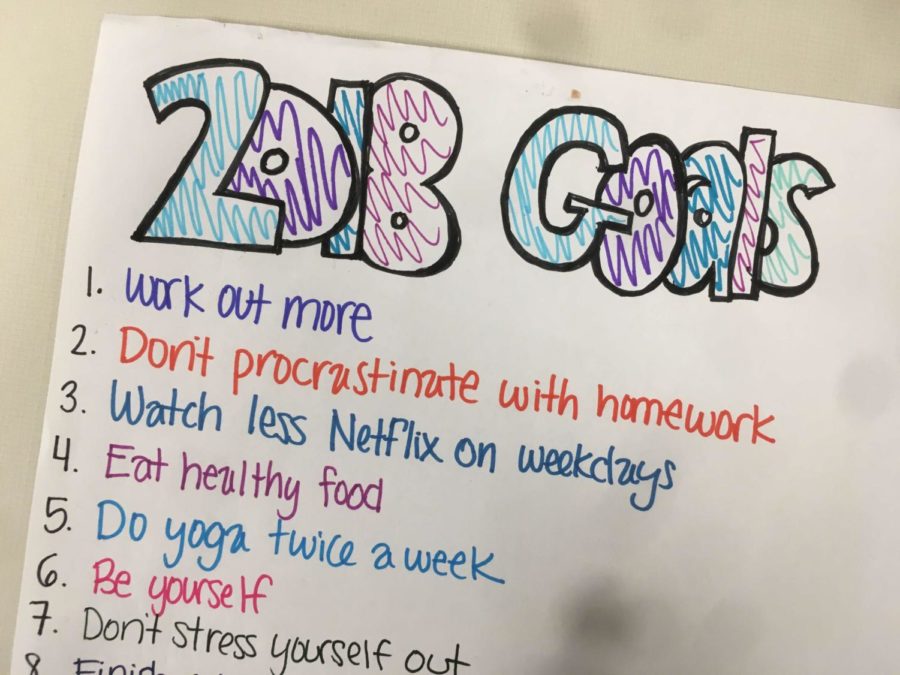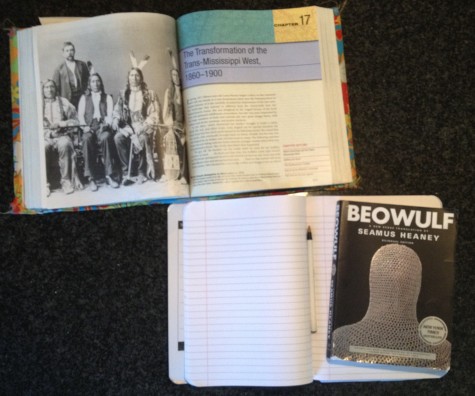As 2017 came to a close, the New Year’s resolutions began. Lists pinned on walls, taped on doors, written on bathroom mirrors; the attainment of a new lifestyle that today’s society pushes on people begins.
It’s utterly unrealistic.
Let’s break it down. How do average people with busy schedules expect to make time to lose 30 pounds, become a pescetarian, relax more, cut out caffeine, and become a master yogi all beginning on Jan. 1?
Most Americans have little time to breathe, yet society has set a standard to create new habits each year. Society has also set a standard for people to fail.
According to the Huffington Post, only 8 percent of resolution-makers are able to stick to them.
Clearly, as a society, we are not setting ourselves up for success.
Resolutions are too rigid to be realistic. I won’t do this; I will do that. In order to be effective, lifestyle changes need to be gradual.
According to Psychology Today, “Another disadvantage of resolutions is that they typically have a clear start date, like Jan. 1, which tricks your brain into thinking that they have an end date, too. A reset, on the other hand, is about creating healthy habits for the long term.”
Focus on the present. What’s the one thing you can do today, right now, towards your goal? Also, be mindful. Become physically, emotionally and mentally aware of your inner state as each external event happens.
— Psychology Today
Instead of convincing yourself that your ideal goals are realistic for Jan. 1, start small — take baby steps. Instead of committing to exercising seven days a week, start with one or two.
Keep in mind, any amount of change is difficult. Maintain a positive outlook, and you’ll be on track to achieving those realistic goals.
Things that help to stay on track include, “…focus on the present. What’s the one thing you can do today, right now, towards your goal? Also, be mindful. Become physically, emotionally, and mentally aware of your inner state as each external event happens, moment by moment, rather than living in the past or future,” (Psychology Today).
Forming habits will also take time, practice, and repetition.
Psychology Today states that “One must make the new action easy to do for at least the first week. Because one is trying to establish a conditioned response, they need to practice the new habit from the existing stimulus from three to seven times before it will ‘stick’ on its own.”
As 2018 kicks off, set goals, but be kind to yourself and give it time.











